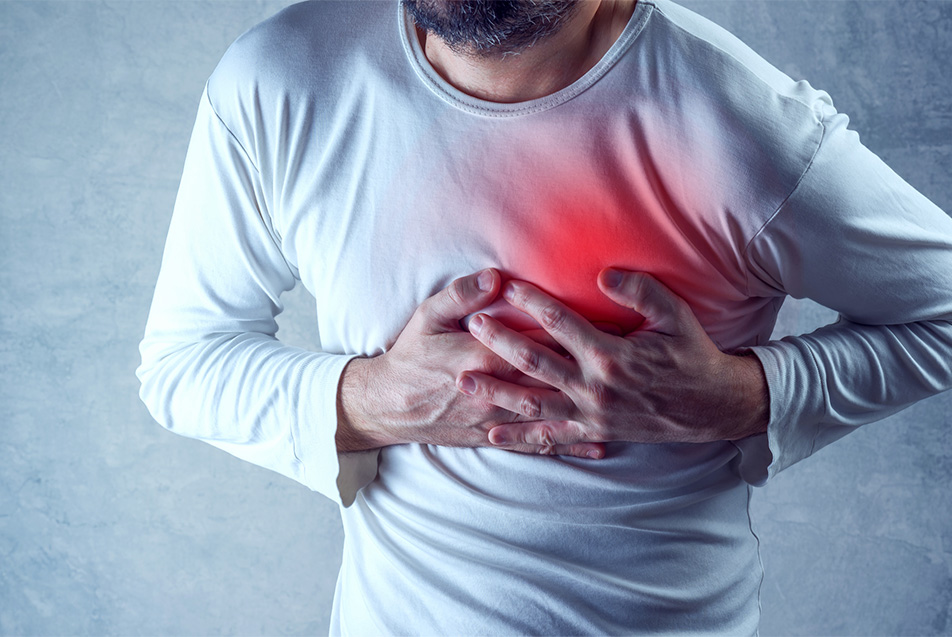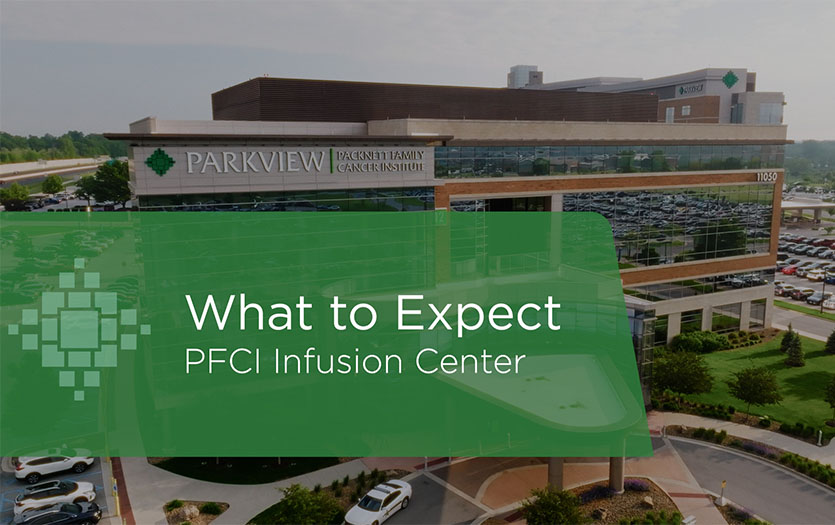According to the Centers for Disease Control and Prevention, every year about 735,000 Americans have a heart attack. While there are silent heart attacks, most present with a distinct pain and accompanying symptoms. We asked David Lloyd, MD, PPG – Cardiovascular Surgery, to explain to us what is actually happening during a cardiac episode.
What happens during a heart attack?
There are major and minor heart attacks. Major heart attacks usually occur when a sudden clot develops in a vessel that’s partially obstructed. The vessel goes from open with good flow to closed. The muscle fed by that vessel then begins to die, which causes major heart muscle damage.
That muscle damage causes pain (though some have silent heart attacks with no pain) as muscle dies and turns into scar tissue. When you have a heart attack, you are prone to rhythm disturbances. A person can die as a result of a heart rhythm gone haywire. The heart doesn’t necessarily stop with every heart attack, but it can.
Minor heart attacks occur when vessels with critical chronic obstruction are placed under certain circumstances where the muscle is demanding more blood flow than it can receive. This also results in muscle damage. A minor heart attack is not necessarily life-threatening.

What causes a sudden blockage to occur?
We don’t entirely know. Sudden blockage can happen because certain plaques may be metabolically active at times, which means they attract platelets in blood stream that induce blood clots. The plaque is unstable and attracts the blood elements that initiate a clot. Genetics also play a role.
Aside from hereditary factors, blood pressure, cholesterol levels, tobacco, and diabetes play a role. But there’s a lot more that we don’t know than what we do. Some people have no risk factors and still have coronary blockages.
What are the symptoms of a heart attack?
People often confuse heart burn with a heart attack. But a person should never ignore pain in the chest, pain in the arm, dizziness, light headedness, palpitations or a fluttering sensation in the chest, or a decrease in exercise tolerance. A lot of times in the spring, people go out to cut their grass and notice they’re short of breath.
What do you tell people to do for prevention?
Quit smoking, know your numbers, keep blood pressure and diabetes under control, achieve a healthy weight, exercise, and pay attention to cholesterol, especially if you have a family history.
I would tell someone to have their lipid panel/cholesterol numbers checked when they’re in their 20s if they have a family history. If there’s a strong family history, getting a HeartSmart CT scan in their mid 30s or 40s would be appropriate. Unfortunately, most people can assume they have some coronary disease.
Personally, I consume a vegan diet, which I believe is ideal for decreasing coronary risk. Everyone is different, but after 5-6 years of eating primarily vegetables, fruits and plant-based proteins, I find it’s a great way to maintain a healthy weight and reduce risk.




